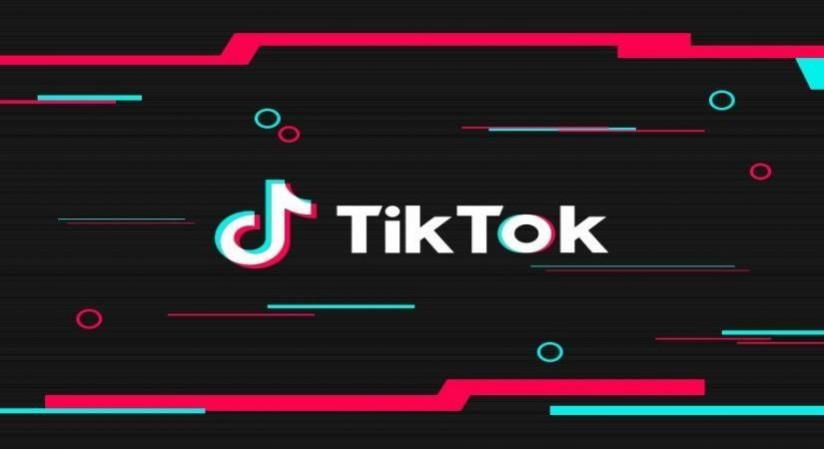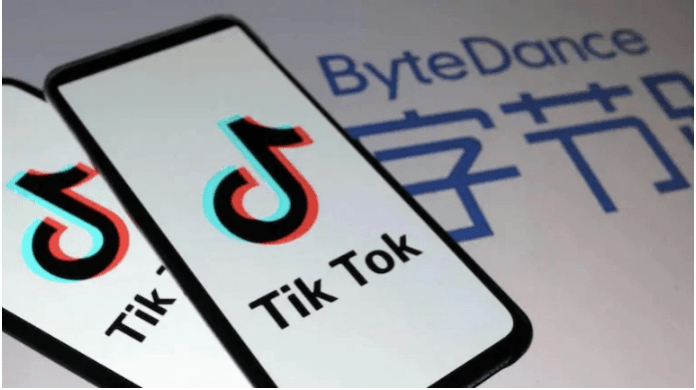
In an era where digital platforms are an integral part of our lives, the protection of personal data has emerged as a critical issue. Recently, TikTok, the popular social media platform owned by Chinese company ByteDance, has come under scrutiny by South Korea's media regulator, the Korea Communications Commission (KCC). The KCC has initiated an investigation into TikTok over potential violations of the nation's personal data protection law.
The core of the issue lies in the allegation that TikTok automatically requires its users to receive advertisements, instead of obtaining their explicit consent to receive such content, as mandated by Korean law. This practice is seen as a potential violation of the Act on Promotion of Information and Communications Network Utilisation and Data Protection. The KCC official stated, We believe there is a problem with TikTok's terms of service and application in getting clear informed consent from its users.
The investigation also raises concerns about TikTok's transparency with its users. The platform is suspected of not fully disclosing the content of its terms of service and privacy policy to its users when they join. This lack of transparency could be seen as a violation of the users' right to be fully informed about how their data is being used. The implications of this investigation could be far-reaching. If found guilty, TikTok could face a fine of up to 30 million won ($22,279). More importantly, this could lead to a significant blow to TikTok's reputation, potentially leading to a loss of user trust and a decline in its user base in South Korea.

The investigation also has global implications. It could set a precedent for TikTok's operations in other countries with similar or stricter data protection laws. For instance, the European Union's General Data Protection Regulation (GDPR) mandates strict compliance with data protection and privacy for all individual citizens of the European Union and the European Economic Area. A negative outcome in South Korea could prompt other countries to scrutinize TikTok's practices, leading to a cascade of regulatory actions globally. This is not the first time that a digital platform has faced scrutiny over data protection practices. In the past, tech giants like Facebook and Google have also been investigated and fined for violating data protection laws. These instances underscore the importance of adhering to local data protection laws for international tech companies.
The digital age has brought with it a host of challenges related to data protection and privacy. As digital platforms become increasingly integrated into our daily lives, the need for robust data protection laws and their strict enforcement becomes paramount. The ongoing investigation into TikTok's data handling practices in South Korea serves as a reminder of this critical issue. It underscores the need for digital platforms to prioritize user consent, transparency, and adherence to data protection laws. The outcome of this investigation could have far-reaching implications for TikTok and other digital platforms, potentially shaping the future of data protection practices in the digital platform industry.















